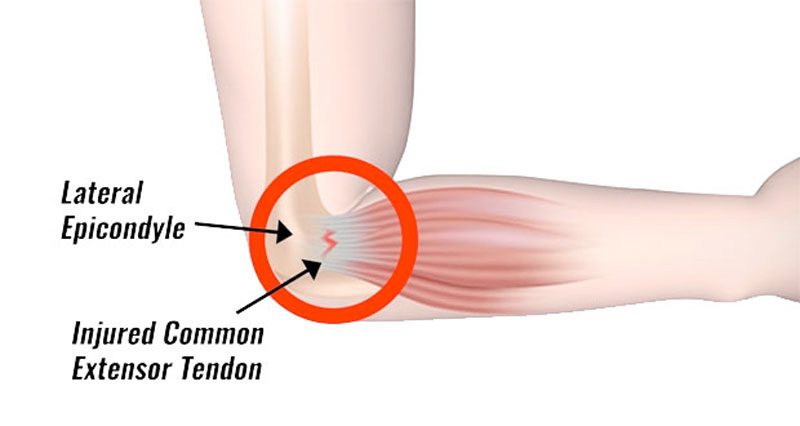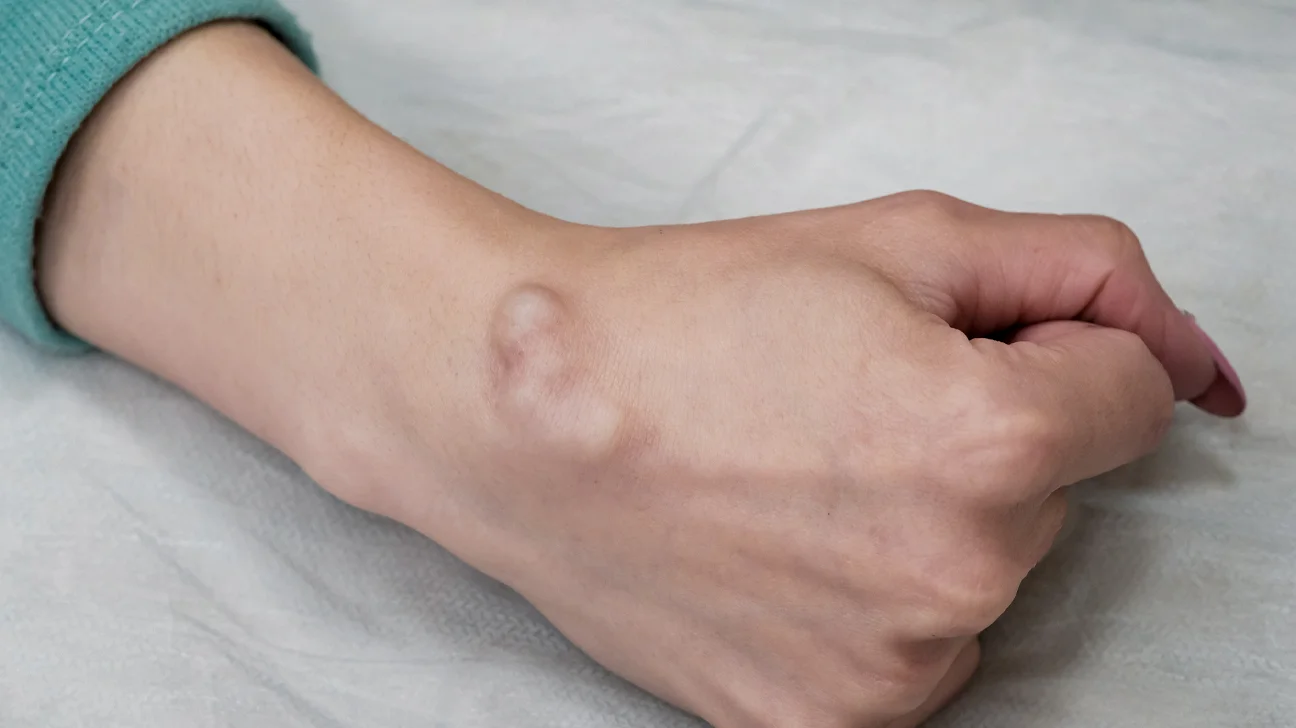Understanding Anorectal Stricture
An anorectal stricture occurs when there is a narrowing in the rectum and anal canal, which can either be a single or multiple constrictions. This narrowing can be caused by benign conditions, such as inflammatory bowel disease, chronic inflammation of the rectum (proctitis), or ulcerations that lead to scarring as they heal. Malignant conditions, like cancer, can also cause strictures. When the anorectal canal narrows, it can make bowel movements difficult and painful.
Causes of Anorectal Stricture
Strictures in the anorectal area often develop due to scarring from trauma or surgical procedures, such as those performed to treat hemorrhoids, skin tags, anal fissures, and anal fistulas. Chronic diarrhea, sexually transmitted infections, anorectal cancer, and radiation treatments for pelvic tumors can also result in strictures. Additionally, some individuals may be born with a congenital anorectal stricture.
Homeopathic Approach to Anorectal Stricture
Homeopathy can be quite helpful for managing anorectal stricture, especially in cases that are mild to moderate. These remedies focus on alleviating symptoms like constipation, difficulty passing stools, painful bowel movements, rectal bleeding, diarrhea, and stool leakage. Homeopathic treatment is tailored to each individual’s unique symptoms, and it is recommended to consult with a homeopathic practitioner for appropriate care.
Key Homeopathic Remedies for Anorectal Stricture
- Thiosinaminum: This remedy is particularly effective in dissolving scar tissue and aiding recovery in cases of anorectal stricture. It’s also useful for urethral strictures.
- Alumina: Best for situations where a person needs to strain a lot to pass stool, whether it’s hard or soft. There might be a cutting pain in the anus, sometimes accompanied by bleeding, itching, or burning.
- Nitric Acid: Recommended for cases where bowel movements are painful, characterized by sharp, splinter-like pains in the rectum, burning, and a feeling of incomplete evacuation. There may also be bleeding and a constricted feeling in the anus.
- Phosphorus: Ideal for managing bleeding from the rectum, particularly when the blood is bright red. It’s also used for individuals with a history of rectal inflammation (proctitis) who experience hard, slender stools that may have a foul odor.
- Plumbum Met: Useful for severe constipation where stools are infrequent, hard, and may be covered with mucus. This remedy helps with intense pain during bowel movements due to a very constricted anus.
- Natrum Mur: This remedy is beneficial for anorectal stricture with dry, hard, and crumbly stools that are irregular and may pass on alternate days. Blood may accompany stool, with associated smarting, tearing, and burning sensations in the anus.
- Opium: Effective for severe, stubborn constipation with a highly constricted anus. Stool typically passes in small, hard pieces and is accompanied by a bearing down sensation in the rectum.
- Aesculus: Suitable for anorectal stricture with pain, burning, and itching after stool passage. The pain can be severe and last for hours, and there may be a prolapse of the anus in some cases.
- Nux Vomica: Indicated for individuals who experience constant urges to pass stool but only manage to pass a small amount each time, resulting in a sensation of anal contraction and unsatisfactory evacuation.
- Silicea: This remedy works well for cases where the stool partially recedes after being expelled. It helps manage burning and stinging sensations in the rectum and is also helpful for those prone to developing anal fistulas.
- Aloe: Useful for managing chronic diarrhea in anorectal stricture cases, especially when stools are watery, contain undigested particles, and there is an urgency to pass stool soon after eating.
Symptoms of Anorectal Stricture
The symptoms associated with anorectal stricture can include:
- Constipation
- Difficulty and straining while passing stool
- Painful bowel movements
- Bleeding from the rectum
- Diarrhea
- Leakage of stool




